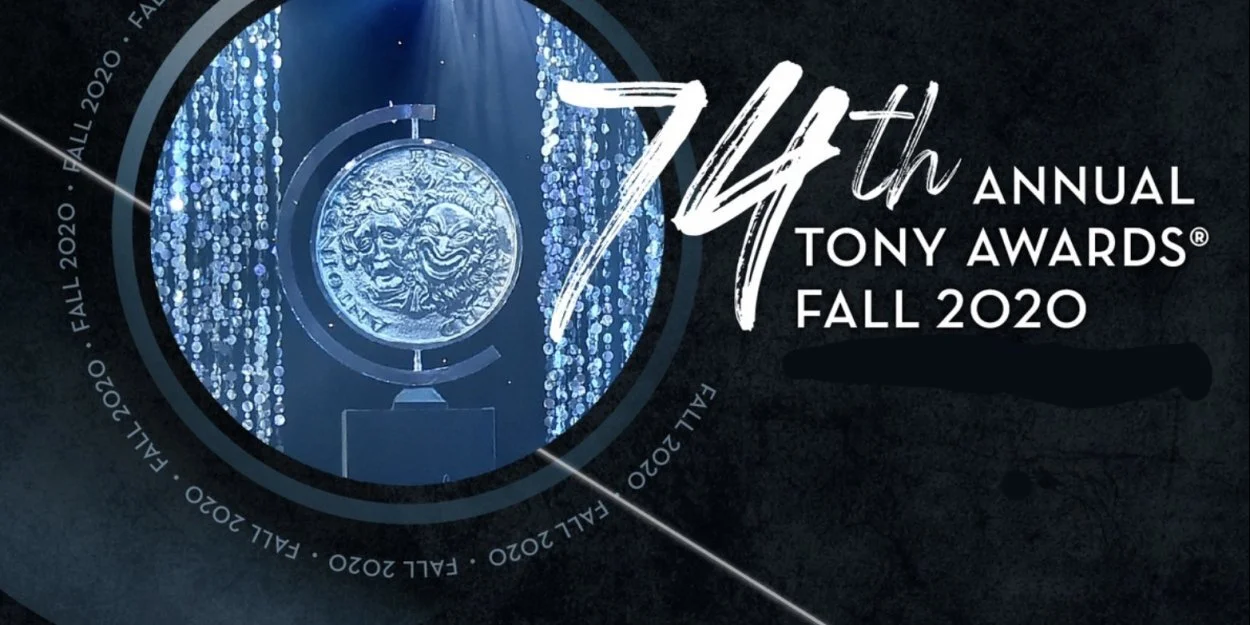Agents vs. Managers: What's The Difference?
Although talent agents and managers may fulfill some similar functions, there are distinct differences between them. When looking for representation as an actor, it’s important to know the defining factors of each.

What does a talent agent do?
A talent agent acts as an actor’s representative and is authorized to solicit and negotiate employment. Agents usually spend their time sifting through the breakdowns and submitting their clients’ headshots to casting directors.
An agent’s goal is to get their clients an audition and negotiate contracts if and when a client books work.
What does a talent manager do?
Talent managers can arrange introductions to agents and prepare clients for meetings with potential talent agencies. They can advise clients on acting classes and coaching, help choose a good photographer and pick out headshots for the client. They can promote their client to industry professionals, prepare their client’s resume, and answer any questions related to a career in show business.
Who has a license?
Agents are licensed by the state. Although only California, Florida, and New Jersey currently require talent agency licenses, agencies doing business in other states may be required to hold a general employment agency license instead.
Managers are not licensed in any way by any state. Technically, anyone can offer services as a personal manager.
Who can negotiate?
Legally, agents are the only people who can solicit employment for clients. They can negotiate or sign a contract for a client to work on a production.
It is against the law for a manager to negotiate or sign a contact on behalf of a client.
Who can offer career guidance?
Managers offer career guidance, advice on headshots, reels, classes, workshops, all the day-to-day career advice that helps shape your next steps as an actor.
How do they get paid?
Agents only get paid a percentage of work in the area in which they represent their client. If a client signs with a Commercial Agent, they must pay the agent a percentage for anything falling under that umbrella. You are paying them for acting on your behalf in negotiating, reading, approving, and signing your contract. Union franchised agents are not allowed to take any more than 10% of their client’s earnings. According to SAG-AFTRA, agents must not charge up-front fees of any kind.
Managers can get a percentage of anything you book in all areas. The percentage varies from 10-20%.
Who can be franchised by the union?
In some cases, agencies are franchised by the union. The term "franchised agent" means that the agent is registered with one or more of the major unions.
Union actors (including members of AEA and SAG-AFTRA), may only work with union-franchised agents. If you are not a union member, franchised agents can still represent you for non-union work, or for work that leads to union membership.
Where do they work?
By law, an agency must work out of an office.
A manager can work anywhere.
Find this helpful? Be sure to check out the Actor Aesthetic podcast on Apple Podcasts, Google Play Music, Spotify, Stitcher, and more. New episodes every Monday!

Looking to sharpen your acting skills in NYC? From Meisner to on-camera training, these top acting classes will help you book more auditions and level up your career in 2025.
Struggling to get seen at auditions as a non-union actor in NYC? With Equity’s Open Access policy making union auditions more competitive than ever, non-union performers are facing more challenges—including chaotic unofficial lists and early morning sign-ups. Should non-union actors organize for better access, or is joining Equity the only solution?
Ready to move to New York City? Here are the top neighborhoods you should check out before taking the plunge as an actor in the big apple.
Learn the latest ways to join Actors' Equity Association, including the new Open Access program.
Discover 10 actionable tips to enhance your audition book and impress casting directors.
Getting involved in a 54 Below show requires a combination of talent, preparation, and networking.
Whether you have to memorize a monologue, a scene, or an entire show, here a 5 tips to help you get started.
Wait for up to 6-8 hours, and then to hear the dreaded words that no non-union artist wants to hear: “Sorry, we’re not seeing non-union today.”
With a strong work ethic, a positive mindset and mentors that can guide you, you’ll get through the process just fine!
It doesn’t come without hardships, misunderstandings, and challenges…but I can guarantee you that it’s so worth it.
From modern day favorites by the stars on your favorite television shows, to classics by the pioneers of modern theatre, here are your top 13 must reads for actors.
Find out who’s nominated for the American Theatre Wing’s 74th annual Tony Awards, presented by The Broadway League and the American Theatre Wing.
So whether you’re just starting out in the biz or a longtime pro, the search for the perfect monologue never ends.
With nearly all auditions and performances going virtual due to coronavirus concerns, it’s more important than ever to invest in the essentials.
BIPOC actors are using social media to share their stories of racism in the theatre industry - and their visions for change.
Learn about LGBTQ experiences through theatre and support queer playwrights of color. Buy their scripts. Read from cover to cover. Tell your friends. Start a dialogue. Amplify their voices.
Maggie Bera, creator of Actor Aesthetic, is an actress based in NYC. A proud member of AEA and SAG-AFTRA, she holds a Bachelor of Fine Arts in Musical Theatre from Texas State University.






























Master the art of self-taping with minimal equipment! This guide covers easy lighting, camera setup, and framing tips—perfect for actors auditioning for Heathers: The Musical and beyond.